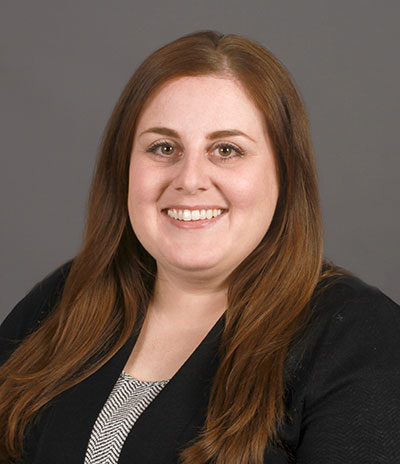POST-BIRTH Warning Signs
- Winter 2018

Having a baby is an emotional, life-changing experience. After birth, many new moms immediately focus on caring for their infant. It is just as important, however, that mothers continue to care for themselves and monitor for serious health conditions that may arise.
POST-BIRTH is an acronym to help mothers identify problems in the hours, days, weeks and months after giving birth (see the chart below).
“It’s important for new moms to be aware of these warning signs because they can be indications of at times life-threatening conditions,” said OB-GYN Dr. Kirstin Sholes from the Avera Medical Group Specialty Care clinic. “It’s really important for them to be aware and in-tune with their body and what’s going on.”
Critical warning signs such as chest pain, obstructed breathing and shortness of breath can signal a heart problem or a blood clot in the lungs. Seizures may indicate eclampsia and thoughts of wanting to hurt herself or her baby may indicate a mother has postpartum depression. In these cases, call 911.
Signs or symptoms where moms should call their health care provider include having a painful headache that doesn’t go away with medication or that includes vision changes. This may indicate post birth high blood pressure. Heavy bleeding may mean a woman has an obstetric hemorrhage; redness, warmth, swelling or pain in the leg calf may indicate a blood clot. Also, incisions that are not healing or a 100.4°+ F temperature could signal an infection.
“Anyone who has a baby is at risk for potential complications, but we do know certain things put women at higher risk,” said Dr. Sholes. “Women who have had a C-section are at a higher risk for infection and blood clots. Women that have had complications during their pregnancy, like high blood pressure or diabetes, have an increased risk of certain conditions.”
It’s also important that women keep their postpartum care checkups with their providers, even if they are feeling fine. In addition to making sure moms are recovering well from labor and delivery, the appointments help providers spot and treat health conditions.
| Call 911 if you have: |
Pain in chest Obstructed breathing or shortness of breath Seizures Thoughts of hurting yourself or your baby |
|
Call your health care provider if you have: (If you can’t reach your provider, go to urgent care, an emergency room, or call 911.) |
Bleeding, soaking through one pad/hour, or blood clots the size of an egg or larger Incision that is not healing Red or swollen leg that is painful or warm to touch Temperature of 100.4° F or higher Headache that does not get better even after taking medication or bad headache with vision changes |
| Tell 911 or your health care provider: | “I had a baby on [date] and I am having [specific warning signs].” |
Want to learn more about POST-BIRTH warning signs? Visit www.brookingshealth.org/POSTBIRTH.

